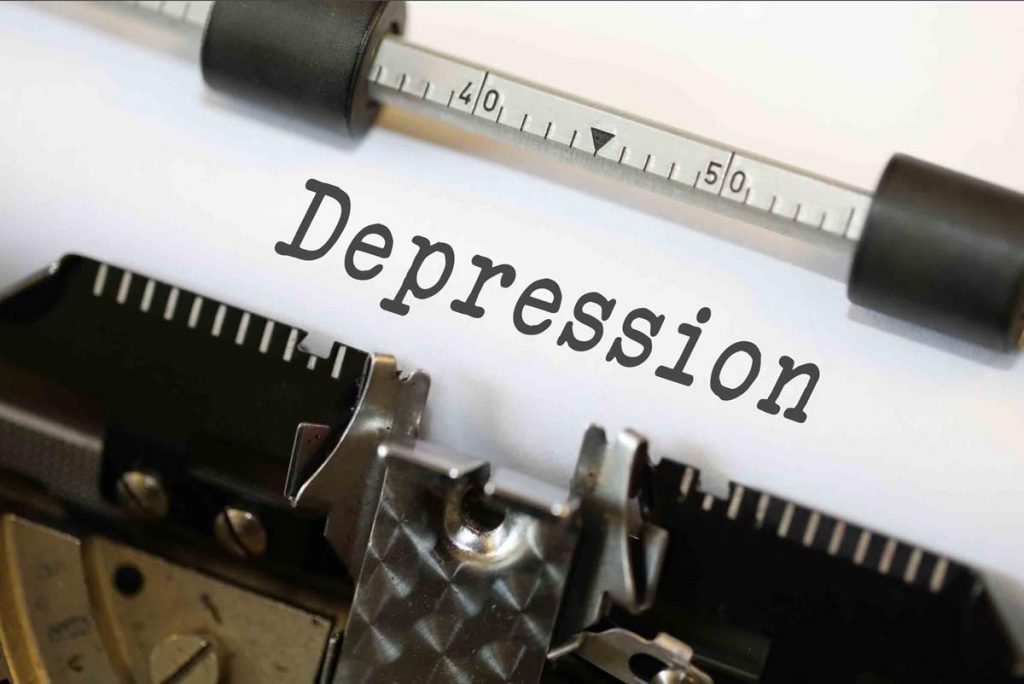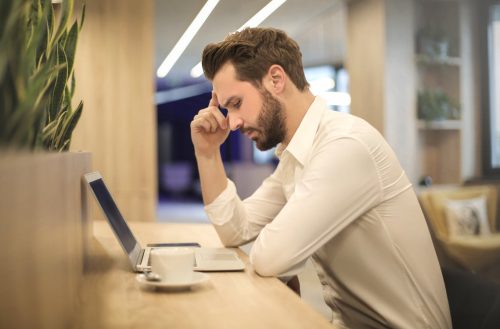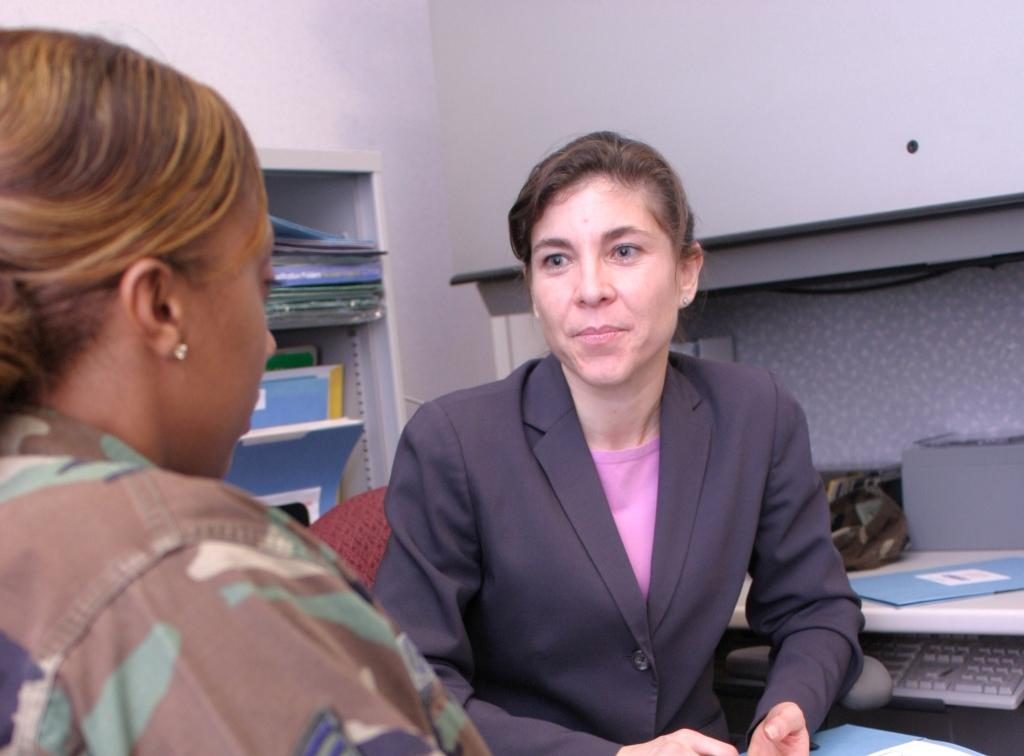Wondering how to be productive and how best to make use of your time and energy?

source: thebluediamondgallery.com
Productivity is an essential requirement at work. When we get things done, our superiors laud us for being efficient. When we’re not at our best, though, we are likely to get booted out of our jobs. “Usually, procrastination happens because a task seems too difficult to solve,” said A. Chris Heath, MD, a psychiatrist.
Or it could be stress or depression. That is why it’s hard for depressed people to keep up with work demands AND simple adjustments because WE don’t have the drive to get things done and be prolific. Thus, the big question is, how to be more productive in times like this? What do we need to do to maximize our focus and maintain peak productivity without burning out?
How To Be More Productive Despite Struggling With Your Mental Health
Staying focused at work at your own pace can be difficult. Time management in ways that are conducive to your work and environment is key to how to be more productive, but it can sometimes be hard to know where to start.
This is a story of how to stay motivated despite struggling with depression. If I can do it, why can’t you? You don’t have to change overnight. You’ve just got to stop multitasking, manage your time and prioritize time-consuming tasks or new tasks throughout the day. If you want to be more focused, you must avoid distractions and develop a routine so you can do your job efficiently. Efficient people know that eradicating interruptions and other distractions is key to staying focused. Remember: social media sites and apps like Facebook, Twitter, and Tiktok will do their best to keep you glued to your screen. That really kills productivity levels!
Here is how online therapy helped me how to become more efficient – not just at work – but even during some of my darkest days.
Read More About My Struggles With Productivity
My Mental Health Struggles Used To Affect Everything, Including My Productivity
My depression tendencies started when I was in high school. I remembered that I’d get depressed at even the smallest things – from dates to not being able to buy the right pen brand. And though I’m far from having suicidal tendencies, there are times when I just want to crawl into my bed and forget the outside world existed.
More propensities persisted until now. I jumped from one job to another. I didn’t engage in romantic relationships for fear that I’d be lousy at it like I am at keeping appointments. My parents and a handful of friends are supportive, but I knew I needed professional help.
As I am afraid to talk about my fears and my condition face-to-face, I opted for online therapy. Through BetterHelp, I found out how to increase my productivity levels and how to have a close affinity with a great therapist.

source: pexels.com
Here are the to-do lists and productivity tips she gave on how to be productive even in a depressive episode, and pieces of advice that I think worked.
I always remembered this quote. According to Margarita Tartakovsky, M.S., “While many hours in the day might be nice, it’s not necessarily a lack of time that stops us from completing tasks and accomplishing our goals.” Depression can also do that.
Asking myself “How many hours should I go in a day to gain my own productivity?” Then I remember I should manage my responsibilities to avoid time blocks and start focusing and prioritizing the most important tasks and simply work on a creative project.
Head Outdoors And Take A Break To Be More Productive
When my sad thoughts set in, I just want to stay in my room and ruminate on them which, according to my online therapist, is not a habit of productive people. The expert said that improving productivity requires the best work habits and you cannot transform your productivity habits overnight. You need to focus in making small, incremental changes to see what works. Time spent with new ideas and important small goals and putting them all on my to-do list promotes a productive day.
I remember that the health specialist advised me to also take short regular breaks and not force myself to complete tasks daily and on schedule. My therapist added that productivity habits come from completing and focusing on one task and the next task at a time and not spending long hours on it. Thus, rest is important.
“Stop nurturing and babying your depression,” she told me. “The best time to go out is when your body wants you to stay indoors. Get a new perspective by seeing how big the world is or by breathing in the fresh air.” Taking breaks help decrease stress and increase productivity.
Fortunately, we live close to a small nature park. It’s become my favorite spot to go when I feel less productive than ever. And she’s right! A little walk or run sets my mind up that when I get back home; I’m ready to work again since increasing productivity is my point of goal.
Do What Works For You, Even If It Isn’t The Conventional Way Of Doing Things
“Goal-setting in psychology is an essential tool for self-motivation and self-drivenness – both at personal and professional levels,” according to Madhuleena Roy Chowdhury, BA, certified psychiatric counselor.
Most professionals’ advice regarding productivity is to stop multi tasking and tackle the more difficult things first and then move on to the small tasks like doing emails and the like. But as this didn’t effectively work out for me, my therapist advised me to do the opposite – accomplish the smaller task first, feel a sense of accomplishment and make that my drive to do more tasks, bigger and more important next project of my job (I’m a freelance digital artist, by the way). Productive people take one task at a time to really optimize their mental real estate. This helps them with project management while also giving them a better read on their work life balance.
However, she told me to create a list of tasks with allotted timeframes (minute rule) for each and set boundaries so I don’t get lost in things despite having less time. My productivity per day has shot up since then!
So, I made the more attractive and colorful tasks list I could ever come up with (her encouragement) and followed her advice. And once again, it worked. I like seeing my list getting filled up gradually with colors. And it has been part of my productive habits and workdrive to even out the colors I use at the end of the workday.
Find An Accountability Partner To Help You Be More Productive
My accountability partner or group, said my therapist, are the ones who’ll push me to work on times that I don’t want to. Having like-minded and supportive people around you are one of your best resources. They’d ask me if I’ve done the tasks on my list and I have to keep them updated on the things I do.
As I still live with my parents, my accountability partner is my mom. She leaves me a piece of encouragement when she goes to work in the mornings, calls me twice at random times throughout the day to ask me how my overall productivity, and we have short talks at the end of the day.
Additionally, I also have some friends who I call or go to visit whenever I need a breather.
It’s my sixth month following these three simple pieces of advice from my online therapist, and so far, I get tasks done on time. I haven’t missed a deadline, and I get to work even when I’m at my downiest.
On the other hand, if you have not decided on which online therapist to connect with, it would be wise to choose BetterHelp, where professional counselors are available to provide you with information, guidance, and compassion anytime and anywhere. Your time is valuable to you and to us.
To know more about it, visit their official Facebook page, or read client reviews on this site. Sign up today and be on your way toward mental wellness.
Written By Theresa, The Blogger’s Close Friend
Like Theresa, don’t let depression push you further into its murky waters. If talking about your condition fazes you, try online therapy. It might be the HELP you need.
FAQs About Being More Productive
How can I be more efficient in life?
Why is it so hard not to procrastinate?
How do you increase focus?
How do I motivate myself to get things done?
What is productivity anxiety?
Does depression make you less focused?
How can I be motivated every day at home?
What are the characteristics of a productive person?
How can I stay focused for 8 hours?
How do I reset my brain to focus?
Why is it so hard to remain focused?
How can I be motivated and get things done at home with ADHD?
What is toxic productivity?
Why do I feel like I’m not being efficient at work?
What helps people with ADHD focus?




